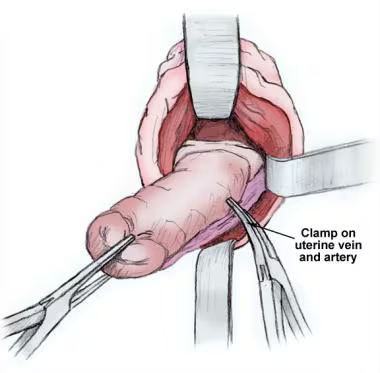Justify the advice specific to her condition that you would give
- A 24 – year – old woman with poorly controlled insulin – dependent diabetes
attends a pre- pregnancy clinic. Justify the advice specific to her condition that
you would give.
She should be advised that poor glucose control in pregnancy increase the risk of
congenital anomalies five – fold , and also increase the risk of miscarriage.
However, with good control (as suggested by an HbA1c estimation <6.5 per cent )
these risks approximate to those of women with out diabetes.
The importance of good control should be stressed without alarming the women.
Even with poor control ,most women with diabetes will not have a congenitally
abnormal baby.
It should be explained that an ultrasound scan at approximately 20 weeks’
gestation will examine for structural anomalies – particularly those affecting the
fetal heart , kidneys and central nervous system .
She should be informed that although the chromosomal abnormality rate remains
constant, serum screening test are affected by diabetes and ultrasound NT
screening is preferable.
She should be advised to continue on a suitable diet and be referred to a diabetic
nurse and dietician.
Rubella status should be checked.
Folic acid 5mg should be prescribed.
Contraceptive measures should be offered until good control is attained.
Glucose should be kept below 5.5 mmol/L ( fasting)and less than 7 mmol/L (post
– meals).
Insulin requirements go up during pregnancy and require careful monitoring.
She should monitor her own blood sugar levels pre- meal and post- meal and bed time
should take blood for HbA1c monitor long – term control.
She is at increased risk of both diabetic keto-acidosis and hypoglycaemia and
should be educated about the signs and symptoms of both complication.
There is also a risk that both diabetic nephropathy and retinopathy will worsen
with pregnancy ,and baseline renal function test should be performed. However,
these complication usually improve post – delivery .
There is an increased risk of pre – eclampsia , which will require regular
monitoring of blood pressure and urine.
There is an increased risk of polyhydramnios and this associated with an increase
in premature delivery .
Poor control is associated with macrosomia and an increased rate of shoulder
dystocia.
The unexplained still birth rate is increase after 36 weeks , thus careful fetal
monitoring will be necessary.






